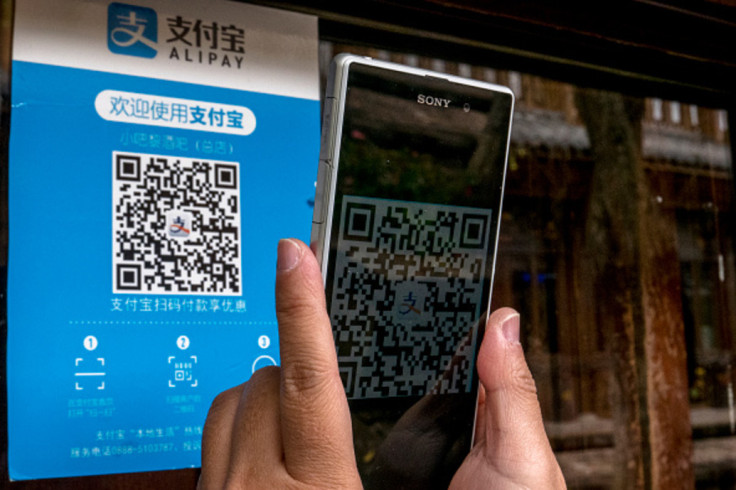Beggars in China now accepting donations via mobile payments and QR codes
Vagrants are asking passersby to transfer money to them using Alipay and WeChat Wallet via smartphones.

Don't have any spare change? No problem – beggars in China now accept alms transferred via mobile payments by scanning QR codes with smartphones.
One case in point is Jinan, a city in Shandong province in eastern China, where beggars frequenting popular tourist areas like the Wangfu Pool have turned to mobile payments in order to increase their chances of receiving donations from the general public.
The beggars place a printout of a QR code in their begging bowls. The QR codes enable anyone with a mobile payment app like Alibaba Group's Alipay or Tencent's WeChat Wallet to scan the code and send a certain sum to the beggar's mobile payment account.
This would indicate that the beggars would need to be able to afford to have a mobile phone. According to Chinese state media, this is not as uncommon as you'd think.
In the case of the beggar seen in Jinan, state media reported that the man was apparently suffering from a mental illness, and that his family had made the QR code to help him.
However, Chinese digital marketing firm China Channel claims that the practice of QR code begging is not merely altruistic. The firm claims that many of the beggars they encountered in Beijing are actually being paid by local businesses and startups to promote QR codes and entice passersby to scan them.
The scans are used by the businesses to harvest user data on each person's WeChat IDs. When compiled, the lists of WeChat IDs can be sold for a fair amount of money to small businesses, who use them to send out unsolicited advertisements in the app – the same way in the past companies used email addresses and phone numbers.
Apparently, the idea works by getting passersby to take pity on the beggars and scan the QR code. The user is not charged any money, but the QR code refers the user to a specific WeChat profile. The passersby are encouraged to support the beggars because they don't need to pay any money – all they have to do is scan the QR code, and the beggar will be paid per scan they manage to achieve.
The beggars work a 45-hour work week and every QR code scan earns them between CN¥0.7 – CN¥1.5 ($0.10-$0.22, £0.08-£0.17). On average, the beggars are able to get one new scan every 2.5 minutes, which in a month works out to be CN¥4,536, which is not a huge amount of money, but a decent income comparable to minimum wage work in the country.
© Copyright IBTimes 2024. All rights reserved.






